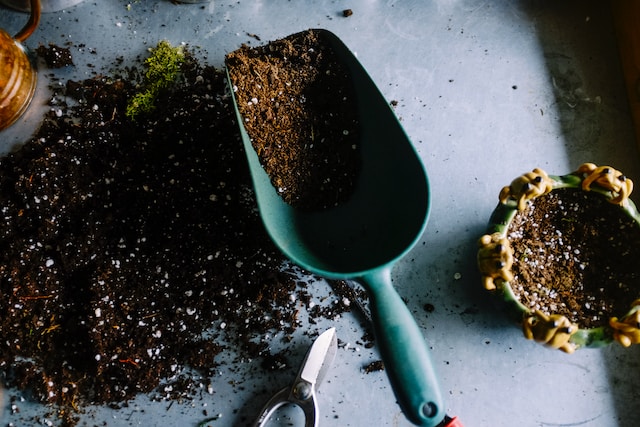Since the last article, Stewards of the Sod, published in Southern Master Gardening by Jungle Taming, I have had an increase in calls relating to turf grass health. Turf grass sickness and human sickness is the result of four factors, (1) environment, (2) pathogens, (3) host and (4) time for development which is known as the Disease Pyramid. This article deals more with environment, which, in my assumption, is based on chemical and cultural practices.
What cultural or the lack of cultural practices are you doing to your turf grass that affects its appearance? Before we answer that, let me remind you that mowing and taking care of the lawn is a “man thing”. I admire you women folk that mow your yards. However, it is usually the man’s job. He does it or hires it to be done to maintain peace in the marital relationship. An old landscaper, many years ago, told me he could tell when a married couple was having marital problems by the un-kept appearance of their yard. Of course, there may be other reasons, personal health and finances etc.
This article is primarily directed to women, because you are the majority of visitors that stop by our Jungle Taming trade show booths throughout the year. Listen to “Stand by your man”, by Tammy Wynette, after reading this article. He needs your encouragement. By the way, the Jungle Taming newsletter is being sent out to almost 2,000 households each month and growing.
Cultural Practices That Can Improve the Appearance of Your Yard.
(1) Ask your husband to take a soil sample to analyze the plant nutrient deficiencies and soil pH. Samples may be carried to your local friendly county agent’s office to be sent to Clemson University for testing. This is a good time to meet your county agent employees and Master Gardeners. They can provide valuable information.
Meet Don Carter, Agricultural Science Assistant, and Don McGinnis at the Sandhill Cooperative Extension office in Northeast Columbia. They will be glad to answer your landscape questions. Phone (803) 865-1216 Ext. 127.
Don Carter
Don McInnes, Ph.D.
Agricultural Assistant, Clemson Extension
Don Mcinnes
(2) Ask your husband to mow the turf grass at the proper height. This information may be obtained from your local county agent’s office. The mowing heights vary with centipede, St. Augustine, bermuda and zoysia grasses.
(3) Ask your husband to measure the lawn area. This is important, because applied rates of chemicals are based on each 1,000 sq. ft. of turf grass.
(4) Ask your husband to correctly apply the recommended fertilizer or fertilizers.
(5) Ask your husband to apply a 16-4-8 at 6.25 lbs. per 1,000 sq. ft. on centipede if no soil test is conducted. Apply 12.50 lbs. 16-4-8 per 1,000 sq. ft. on St. Augustine, bermuda, and zoysia if no soil test is conducted.
(6) Ask your husband to apply recommended fertilizers between 3 weeks after spring green up to August 15. It is recommended that fertilizer be applied in 2 split applications during this period of time.
(7) Ask your husband to be more generous with watering and set the irrigation controller to water the lawn with 1 inch of water per week during the growing season. Have some fun, measure your water application with an inexpensive rain gauge. My advice is apply ½ inch on Monday and ½ inch on Friday for sandy yards and 1 inch on Friday for clayey yards. This amount will vary due to the amount of rainfall for the week.
(8) Ask your husband to sharpen the lawn mower blades for a clean cut to help reduce soil fungus infection.
(9) Ask your husband to not use the mower grass clipping attachment. Returning the clippings to the lawn will decrease your fertilizer bill by 25 percent.
(10) Ask your husband to use weed killers when absolutely necessary. It is better to see a well mowed lawn with a few weeds than to see a yard with no grass.
“Stand by your man”, and help him on his way for a more beautiful lawn.
Reward your husband with a finger lickin meal from one of Miss Patsy’s recipes published each month in the Southern Master Gardening by Jungle Taming. One of my favorites is the Colonial Beef Hash handed down by Miss Patsy’s mother many years ago. Email me, cowartconsulting@gmail.com, and I will send you the recipe.
For a complete analysis of the health of your yard, call Ron Cowart (803) 438-2462 or email him at cowartconsulting@gmail.com.





